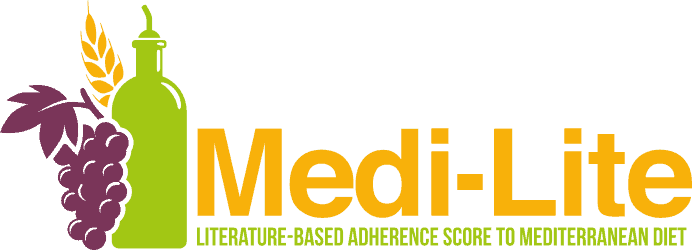Mediterranean diet and sleep quality: is there a relationship?
We spend about a third of our lives sleeping and this time is far from useless. Sleeping is a physiological need that allows us both to recover energy lost during the day and to re-establish the natural balance between the different neuronal centres. Increasing evidence shows that disruption of this important function can pose risks to human health.
A recent review assessed the impact of the Mediterranean Diet on the quality and quantity of sleep. The authors’ objective was to analyse the data in the literature and identify some possible mechanisms potentially responsible for this association. The analysis suggests a bidirectional relationship between sleep and diet. In fact, qualitatively and/or quantitatively unsatisfactory sleep could lead to over-eating, contributing to the onset of overweight and obesity, with all the well-known associated consequences. Similarly, diet can influence sleep parameters; in general, foods rich in melatonin and its main precursors, tryptophan, and serotonin, as well as foods rich in vitamin D and B, zinc, magnesium, and complex carbohydrates, appear to improve the quality of sleep. On the contrary, the quality of sleep is negatively affected by the consumption of beverages high in simple sugars and caffeine, as well as foods rich in saturated fats and processed foods.

Although the underlying mechanisms of this interaction between sleep and the Mediterranean Diet are still not entirely clear, several hypotheses have been proposed. One relates to body weight; for example, obesity is one of the primary causes of obstructive sleep apnoea syndrome (OSAS), a common condition that is in turn associated with increased cardiovascular risk. Clinical trials have observed that, in subjects with both obesity and OSAS, a dietary intervention based on the Mediterranean model, combined with physical activity, led to a reduction in both waist circumference and Apnoea-Hypopnoea Indices (AHI).
A second theory concerns inflammatory processes, which underlie many diseases. It has been hypothesised that the excessive production of pro-inflammatory cytokines, the activation of microglia – resulting in neuroinflammation – and oxidative stress contribute to altering circadian rhythms with worsening sleep quality. For its part, the Mediterranean Diet, an excellent source of substances with anti-inflammatory and antioxidant activity, seems to be able to regulate circulating levels of markers of inflammation, thus showing a possible positive correlation with sleep quality. Some studies also suggest that the Mediterranean Diet may have a neuroprotective function and that it is positively associated with improved cognitive performance, reducing the risk of multiple neurological diseases. This ability could be due to the anti-inflammatory, antioxidant and vasculoprotective properties of the Mediterranean Diet, which acts by slowing down vascular dysfunction and the neurodegeneration process, providing useful support for the complex cognitive and emotional functions closely linked to sleep regulation.
Another possible mechanism of action is that involving the tryptophan-serotonin-melatonin system. Diet can influence this system through the consumption of foods and drinks that are natural sources of tryptophan and serotonin (e.g., fruits, seeds, dairy products, and fish) and through the intake of foods containing bioavailable melatonin (e.g., tomatoes, grapes, red wine, and olive oil). Finally, the microbiota also influences sleep through the microbiota-gut-brain axis. Certain bacteria belonging to the phyla of Firmicutes, Bacteroidetes and Antinobacteria, are in fact able to produce metabolites involved in regulating the circadian rhythm, such as GABA, glutamate, and serotonin.
In conclusion, the topic undoubtedly deserves further investigation, but available data seem to point to one simple evidence: people who eat better sleep better and vice versa. It should be noted that the effects observed cannot be linked to a single element of the diet, but to the synergistic action given by the variety of foods typical of the Mediterranean Diet.
Source: Scoditti E et al. Mediterranean Diet on Sleep: A Health Alliance. Nutrients. 2022;14:2998. doi: 10.3390/nu14142998.



